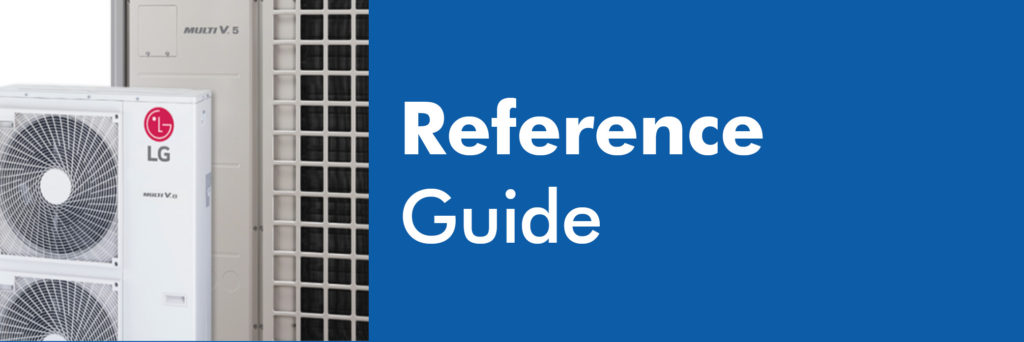
LG commercial systems are comprised of cutting-edge technologies which contribute to their superior efficiency, quality and performance. Explore both the VRF and Light Commercial in the Reference Guide.
View the reference guide here.


LG commercial systems are comprised of cutting-edge technologies which contribute to their superior efficiency, quality and performance. Explore both the VRF and Light Commercial in the Reference Guide.
View the reference guide here.
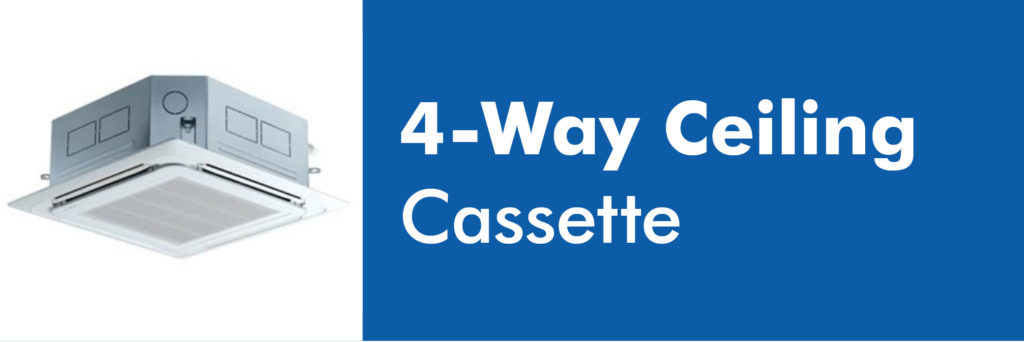
The ceiling-cassette indoor units in these duct-free split heat-pump systems provide comfort in large, open spaces. Duct-free installation with an aesthetically pleasing indoor unit design. The four-way controlled louvers and fan speed features on these ceiling cassette indoor units allow for even air distribution. Easy control through the included wireless remote or optional wired wall-mounted controller. Sized for a typical 24”x24” ceiling grid up to 1.5 tons for both mini-split and VRF systems.
Learn more about VRF systems here.
Learn more about mini-splits here.
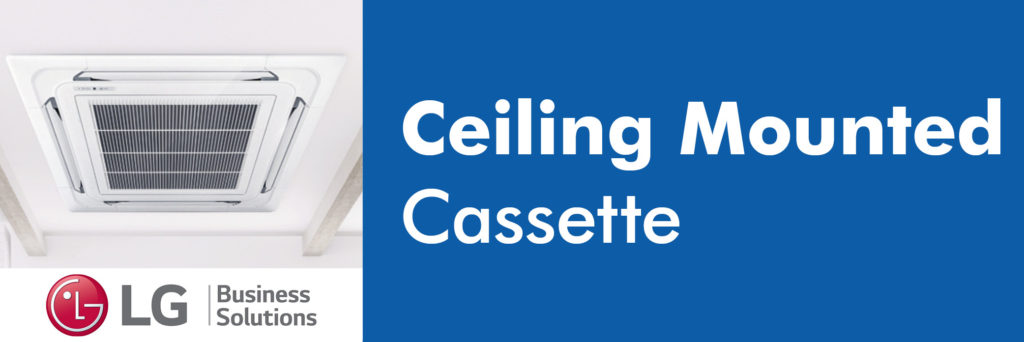
Maximizing The Indoor Aesthetics With Comfortable Environment
Features:
Learn more about the Ceiling Mounted Cassette here.
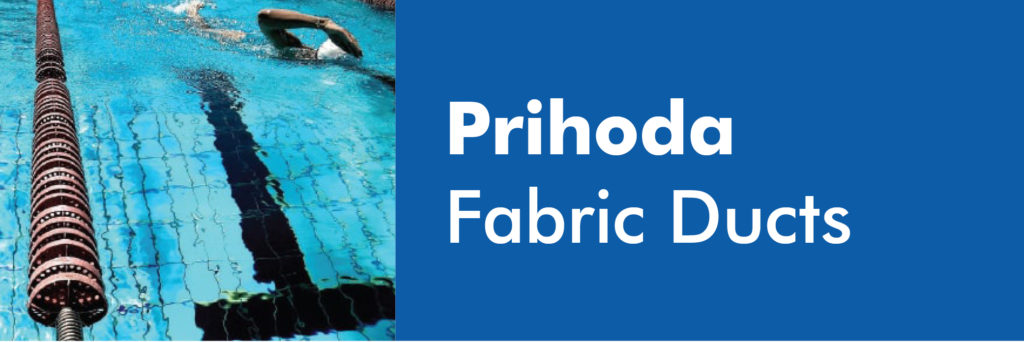
Sports and fitness facilities are common applications for Prihoda Fabric Duct. By providing distribution patterns to match space usage, our fabric distribution systems ensure optimum comfort for athletes and customers at sports and fitness centers; including studio space where low ceiling heights can be accommodated by half-round and elliptical shapes. Prihoda Fabric ducts are also ideally suited to indoor water recreation facilities and natatorial. At a fraction of the cost of stainless steel or aluminum ducting, Prihoda fabric air distribution systems provide effective air dispersion while being impervious to rust, corrosion and sweating.
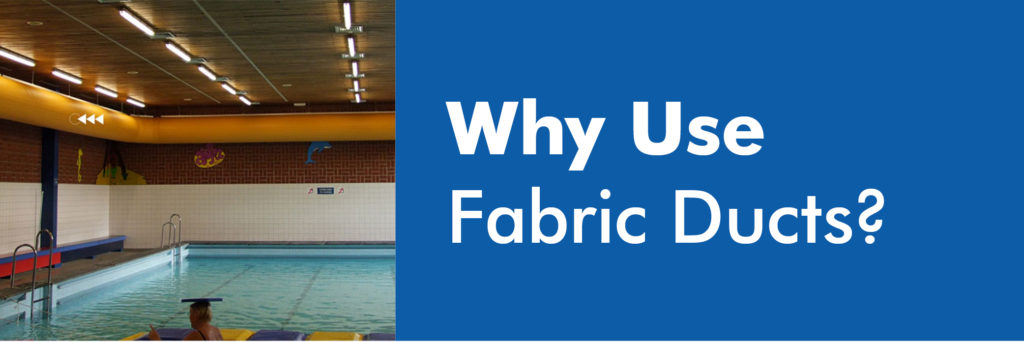
There are many benefits to using fabric duct. It’s less expensive than metal duct, easy to install, and lightweight. It won’t corrode and can be ordered in practically any color. You can also take it down and wash it. Our systems are also constant volume supply air, so there are no concerns about fans cycling off and ductwork deflating.
But fabric duct requires special consideration. The material grade must not “leak air” and diffusers need to be sewn in. Like a metal duct, the diffusers need to be in locations where they’ll contribute to good air delivery, and they need to have proper throw distance to get air into the breathing zone.
A good rule of thumb to remember is, if you wouldn’t do it with metal duct, don’t do it with fabric duct either. When using fabric duct, all the same air distribution and duct design rules apply. You must ensure supply air is delivered to the correct zones or it will result in indoor air quality problems. The duct still needs diffusers and nozzles in order to direct air, so don’t use duct that only has holes for air delivery.
Whether for a new project or a retrofit, fabric ducts absolutely deserve consideration because of their effective, durable and affordable function. One last note – do not hang them with stainless steel hardware. The stainless steel they use does not perform well in indoor pools.
Find out more here.